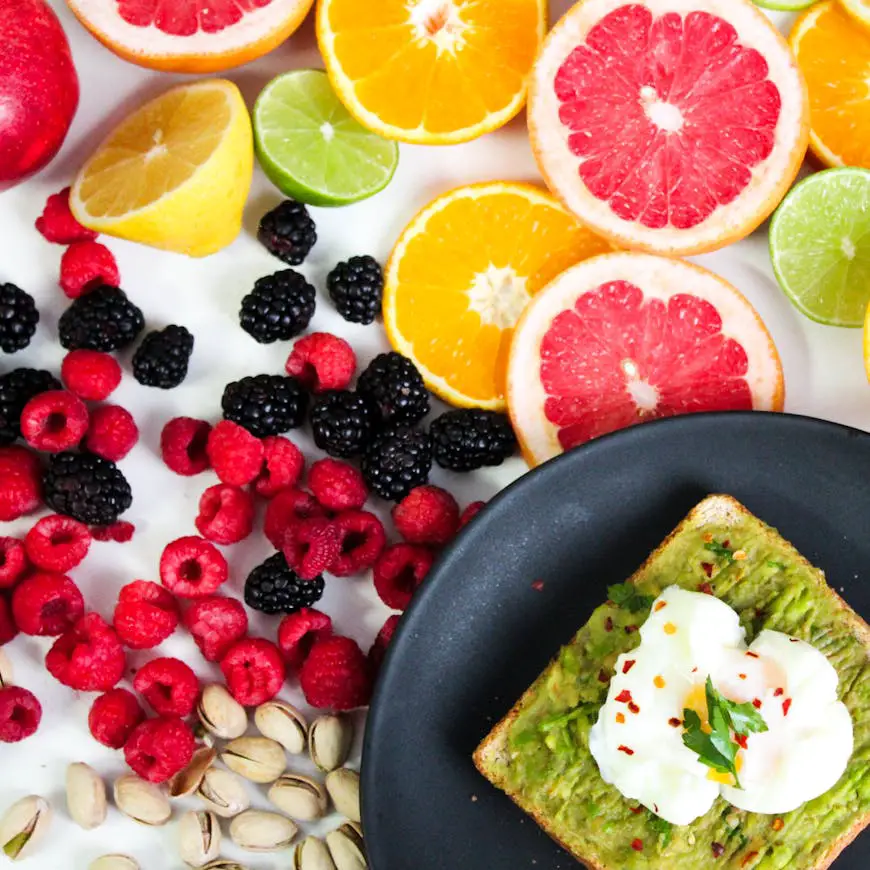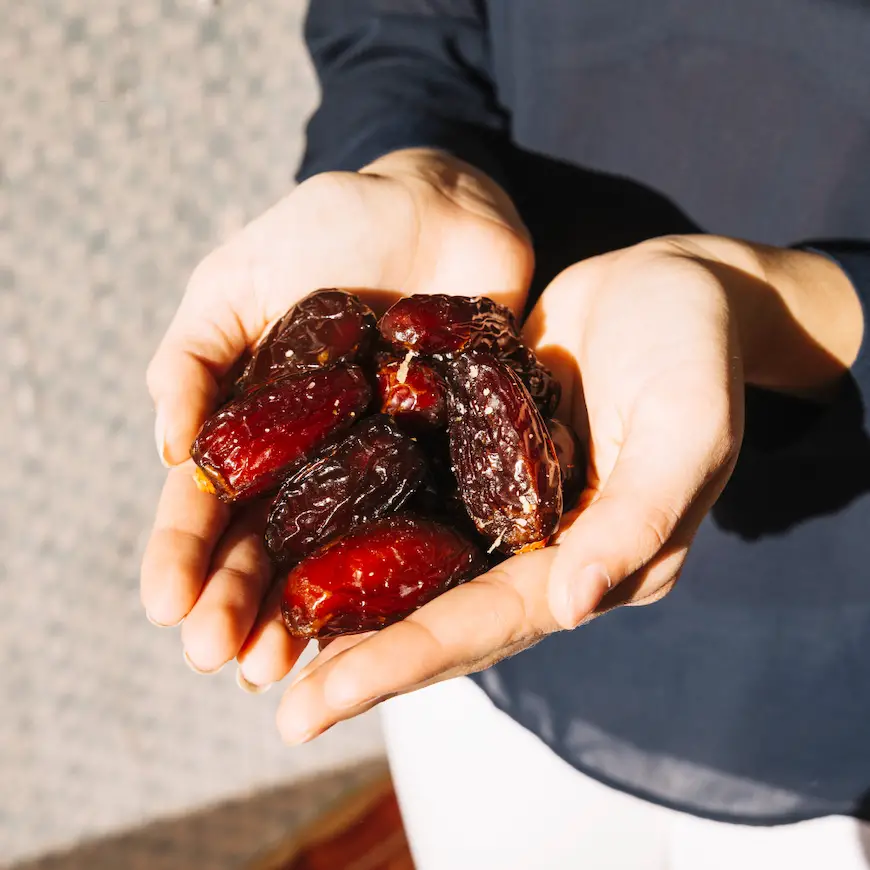Do you want to know foods that cause acid reflux so you can avoid it? Acid reflux, also known as gastroesophageal reflux disease (GERD), is a common digestive disorder that affects millions of people worldwide. It occurs when the acid from the stomach flows backward into the esophagus, causing a range of uncomfortable symptoms. While various factors contribute to acid reflux, certain foods have been identified as common triggers. In this article, we will explore the top 10 foods that cause acid reflux, shedding light on why they can exacerbate this condition and offering alternative options for a more comfortable dining experience.
Read also: GEDR Symptoms and Causes
Foods that cause acid reflux, no1 – Citrus Fruits:
Citrus fruits, such as oranges, grapefruits, and lemons, are highly acidic. The high acid content can irritate the esophagus and trigger acid reflux symptoms. If you’re prone to acid reflux, it’s advisable to limit your intake of citrus fruits or opt for low-acid alternatives like melons or bananas.
Foods that cause acid reflux, no2 – Tomatoes and Tomato-based Products:
Tomatoes are highly acidic, and their consumption can lead to acid reflux symptoms. This includes tomato-based products like pasta sauces, ketchup, and salsa. Consider using alternatives like vegetable-based sauces or opting for lighter tomato varieties.
Foods that cause acid reflux, no 3 – Spicy Foods:
Spicy foods can cause a burning sensation in the esophagus, making them notorious triggers for acid reflux. Common culprits include chili peppers, hot sauces, and spicy curries. Experiment with milder spices or herbs to add flavor to your meals without aggravating acid reflux.
Foods that cause acid reflux, no 4 – Fried and Fatty Foods:
Fried and fatty foods are not only detrimental to overall health but can also contribute to acid reflux. These foods slow down digestion, allowing more time for stomach acid to flow back into the esophagus. Limit your intake of fried foods and opt for healthier cooking methods such as baking, grilling, or steaming.
Foods that cause acid reflux, no 5 – Chocolate:
While chocolate is a beloved treat for many, it contains a compound called theobromine that can relax the lower esophageal sphincter (LES), a muscle that helps prevent acid reflux. As a result, indulging in chocolate treats may contribute to acid reflux symptoms. Consider enjoying dark chocolate in moderation or exploring alternative desserts.
Foods that cause, no 6 – Coffee and Caffeinated Beverages:
Coffee, tea, and other caffeinated beverages can stimulate the production of stomach acid and relax the LES, leading to acid reflux. If you experience acid reflux, it’s worth reducing your caffeine intake or exploring decaffeinated alternatives like herbal teas or caffeine-free coffee.
Foods that cause acid reflux, no 7 – Carbonated Drinks:
Carbonated beverages, including soda and sparkling water, can exacerbate acid reflux symptoms. The carbonation increases pressure in the stomach, pushing acid upward into the esophagus. Opt for still water or herbal infusions to stay hydrated without the risk of triggering acid reflux.
Foods that cause acid reflux, no 8 – Peppermint:
While peppermint is known for its soothing properties, it can relax the LES and worsen acid reflux symptoms. This includes peppermint tea, peppermint candies, and mint-flavored chewing gum. Consider alternative herbal teas like chamomile or ginger for digestive relief.
Foods that cause acid reflux, no 9 – Onions and Garlic:
Onions and garlic are commonly used in cooking, but they can contribute to acid reflux. They contain a high amount of fermentable fibers that can cause gas and bloating, leading to increased pressure on the LES. Use these ingredients sparingly or experiment with their milder counterparts like scallions or garlic-infused oils.
Foods that cause acid reflux, no 10 – High-fat Dairy Products:
Full-fat dairy products, such as whole milk, cheese, and butter, are high in fat and can worsen acid reflux symptoms. Opt for low-fat or non-dairy alternatives like almond milk, soy cheese, or plant-based spreads to reduce the risk of triggering acid reflux.
While the foods mentioned above are common triggers for acid reflux, it’s important to note that triggers can vary from person to person. By identifying your personal trigger foods and making conscious dietary choices, you can significantly reduce the discomfort associated with acid reflux. Experiment with alternative ingredients and moderation to find a balance that works for you, allowing you to enjoy your meals while minimizing the risk of acid reflux symptoms. Remember, consulting with a healthcare professional or a registered dietitian can provide personalized advice tailored to your specific needs.
Read also: Fruits and Vegetables That Keep You Hydrated








